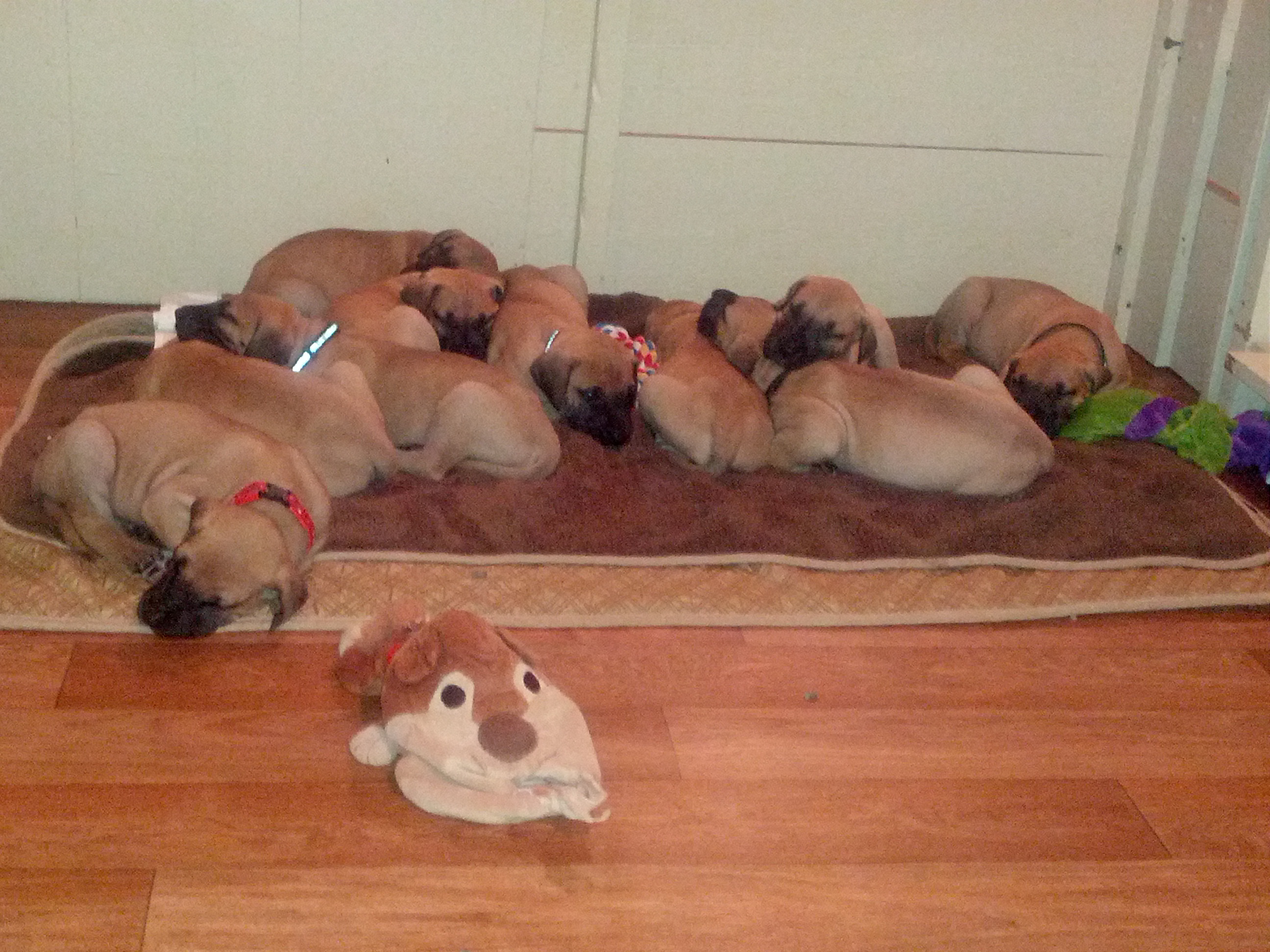
What Questions do I ask breeders BEFORE I buy a puppy?
Best to ask these questions over the phone or in an email because if there is a puppy in your lap, you won’t pay attention. Many Breeders will ask you to fill out a Questionnaire if you are interested in getting a puppy. And while some of these questions might seem intrusive, really it shows how much these breeders care about their puppies and want to ensure that a perfect fit is found. A lot of work goes into breeding wonderful dogs, questions for both sides is a good thing.
The first question to ask is:
Why does the breeder breed? If for any other reason that to improve the health/temperament or improve certain physical traits of the breed, then this is not a reputable breeder. You do not need to ask any more questions. Following a favourable response to that first question, here are some other crucial points to find out:
Are you a member of the Canadian Kennel Club? The CKC is the governing body for purebred dogs in Canada. All responsible breeders should be members.
Are your puppies registered? Another trick question. In Canada, the law states that any dog represented as a purebred must be registered with the CKC. If a breeder offers you a pup at one price and another price if you want papers, then you are clearly not dealing with a responsible breeder.
At what age do you let the puppies go to a home and why? 7.5 to 8 weeks is the minimum age pups should leave for new homes. Puppies go through critical growth periods and it's very important that they remain with their mother and littermates until 7 weeks of age.
Do you offer health and temperament guarantees? What are the details of your contract? Any responsible breeder will ask you to sign a contract that spells out the arrangements. Watch to see what the main purpose of the contract seems to be. Look for a contract that protects the buyer as well as the seller, and the puppy first and foremost. A good breeder will also ask you to sign a non-breeding contract as part of the dog’s registration. This contract will be filed with the CKC and makes it impossible to register any puppies produced by the dog you are buying. Unless you are specifically buying a dog for breeding, the breeder should ask you to sign this document. If you are buying a pup with breeding rights, expect the breeder to ask you a lot more questions than if you are just buying a pet.
Do you do health testing for OFA Hips/Heart, CERF testing for eye problems? OFA refers to the Orthopaedic Foundation for Animals. They are the registry for Orthopaedic and Cardiac diseases in dogs. Only a certified Veterinary Ophthalmologist, not just a regular vet, does CERF testing in BC.
If I buy a puppy from you and have problems with it, can I call you? The answer to this question should be “Yes!” with some implication that they will be quite upset if you don’t call! Good breeders want their pups to do well and want to keep in contact with the owners so they can be sure the dog is doing well. The breeder should also be willing to help, should something happen and the dog needs a new home. Some breeder insists that you not sell the dog without giving them the opportunity of first refusal.
Ask for references: The breeder may well ask you for references, and you should feel free to ask them for references as well. They should include their current veterinarian, several people who have bought dogs from them before and possibly other breeders. If this is their first litter, get the name of the breeder that they got their own dog or dogs from.
Where were these puppies raised? How have you socialized them? "In the house" is the best answer to the first question. You want a puppy who knows what the dishwasher sounds like, whom you don't have to peel off the ceiling when a pan drops, who has set a paw on linoleum, carpet and tile.
Top Five Tips for purchasing a dog:
-
Meet the parents; often the sire is offsite but insist on meeting the dam. If she is cowering under the table, growling; leave. It’s not the temperament you would want in a pet.
-
Avoid breeders who breed more than just one or two breeds or have more than three to four litters a year. Anything more than that and it likely a puppy mill, where profit can often take precedent over the health of animals.
-
Demand Orthopedic Foundation of America (OFA) clearance of any adults in the breeding line. X-rays are used to review joint issues, like dysplasia, on adult dogs. Don’t let the breeder say the puppies have had OFA clearance because they’re too young! Dogs must be at least nine months old before getting OFA X-rays. That’s why you need to get clearances on several generations of the parents.
-
Make sure your breeder has a long track record of happy customers and healthy dogs. Most dogs/cat hobbyists regularly compete in professional events.
-
Never, never buy an animal, sight unseen, off the Internet. Buy locally from people, who have a reputation to uphold.
How much does a Great Dane puppy cost?
This is not the time to hunt for a bargain. Your new puppy will be a member of your family for his lifetime, so you'll want to make a wise investment. You should expect to pay between $2000-$2500 for a quality Great Dane puppy. Remember that the initial cost of the puppy will be just the start, there will be a lifetime of food and vet bills that you need to take into account. It is always a good idea to look into Pet Insurance for your new family member.